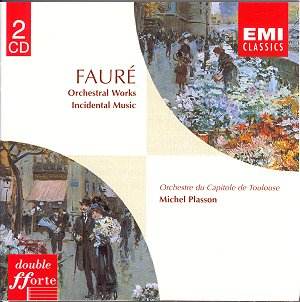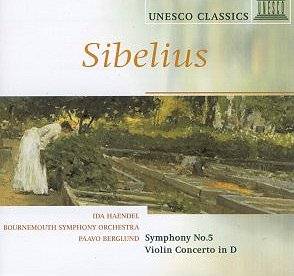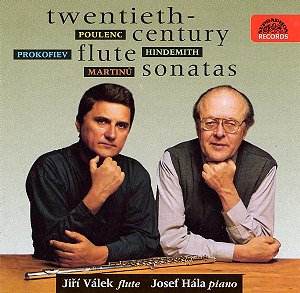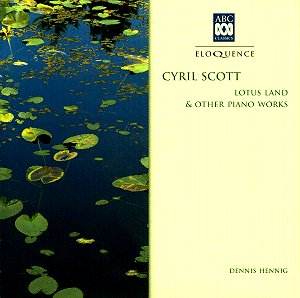 Composer: Gabriel Fauré (1845-1924)
Composer: Gabriel Fauré (1845-1924)
Works: Pelléas et Mélisande: Prelude, The Spinning Girl, Sicilienne, Mélisande’s Song, The Death of Mélisande; Masques et Bergamasques: Overture, Pastorale, Madrigal, The Sweetest Road, Minuet, Clair de lune, Gavotte, Pavane; Shylock: Song, Entr’acte, Madrigal, Epithalame, Nocturne, Finale; Ballade for piano and orchestra; Élégie for cello and orchestra; Berceuse for violin and orchestra; Fantaisie for piano and orchestra; Les Djinns; Caligula; Pénélope Prelude
Performers: Frederica von Stade (mezzo-soprano), Nicolai Gedda (tenor), Jean-Philippe Collard (piano), Paul Tortelier (cello), Yan-Pascal Tortelier (violin), Ensemble Vocal Alix Bourbon, Orchestre du Capitole de Toulouse conducted by Michel Plasson
Recording: Halle-aux-Grains Toulouse, June 1980 (CD1), June 1979 (CD2)
Label: EMI
Gabriel Fauré, a luminary of French music, crafted a distinctive language that marries elegance with emotional depth, often manifesting in a delicacy that belies its complexity. This two-CD set, featuring the Orchestre du Capitole de Toulouse under Michel Plasson, brings together a selection of Fauré’s orchestral works alongside some lesser-known compositions, illuminating the composer’s lyricism and harmonic sophistication. Notably, the inclusion of both popular pieces and rarities offers a panoramic view of Fauré’s artistry, which ranges from the wistful to the poignant.
The first disc showcases the well-trodden paths of the Pelléas et Mélisande and Masques et Bergamasques suites, where Plasson’s conducting reveals a keen sensitivity to the subtleties of Fauré’s scoring. The Prelude from Pelléas et Mélisande opens with a shimmering orchestral texture, deftly transitioning into the balmy atmosphere of The Spinning Girl, where the woodwinds dance with a lightness characteristic of Fauré’s style. The haunting Mélisande’s Song, sung beautifully by Frederica von Stade, captures the essence of longing and fragility, her voice floating ethereally atop the orchestral fabric. Nicolai Gedda’s contributions in the Masques et Bergamasques suite are equally entrancing, particularly in The Sweetest Road, where his impeccable phrasing and nuanced expression evoke a nostalgic charm.
The Shylock excerpts are a revelation, showcasing Fauré’s ability to blend dramatic intensity with lyrical beauty. The Entr’acte emerges as a highlight, with its heroic overtones contrasted against tender moments, reflecting the dualities present in Fauré’s musical thought. Gedda’s interpretation of the Madrigal is light and buoyant, while the Nocturne immerses the listener in an atmosphere of introspection, its orchestral colors painting a vivid emotional landscape.
The second disc pivots to Fauré’s concertante works, with Jean-Philippe Collard as the soloist in the Ballade for piano and orchestra. This piece, originally deemed too challenging by Liszt, is executed with both technical prowess and interpretive depth by Collard, who navigates the work’s dynamic contrasts with ease. The Élégie for cello, performed by Paul Tortelier, resonates with a profound sense of melancholy, the cello’s rich timbre underscored by a lush orchestral backdrop that enhances the work’s inherent pathos. Yan-Pascal Tortelier’s Berceuse is a model of lyrical grace, the violin singing forth the gentle, familiar melody with a touching simplicity.
The engineering quality of this reissue is commendable, with a warm and well-defined soundstage that captures the intricate interplay of orchestral forces. The balance between soloists and orchestra is handled deftly, allowing for both clarity and a cohesive blend. Plasson’s interpretative choices—marked by a judicious pacing and a keen ear for detail—bring out the nuances in Fauré’s orchestration, ensuring that even the most delicate passages do not lose their impact.
Plasson’s ensemble shines in Fauré’s Caligula, where the blend of choral and orchestral elements creates a dramatic tapestry, reflecting the oppressive atmosphere of Dumas’ play. The Les Djinns completes the disc with a vivid portrayal of the spirits, the ensemble rising to the challenges of Fauré’s evocative writing, making it a fitting conclusion to this rich collection.
This compilation not only serves as a valuable introduction to Fauré’s orchestral output but also stands as a testament to the enduring beauty and complexity of his music. Plasson and his Toulouse orchestra deliver a performance imbued with both technical precision and emotional authenticity, making this release an essential addition for both newcomers and aficionados of the repertoire. A highly recommended exploration of Fauré’s enchanting world, blending the familiar with the obscure in a manner that is both illuminating and satisfying.



